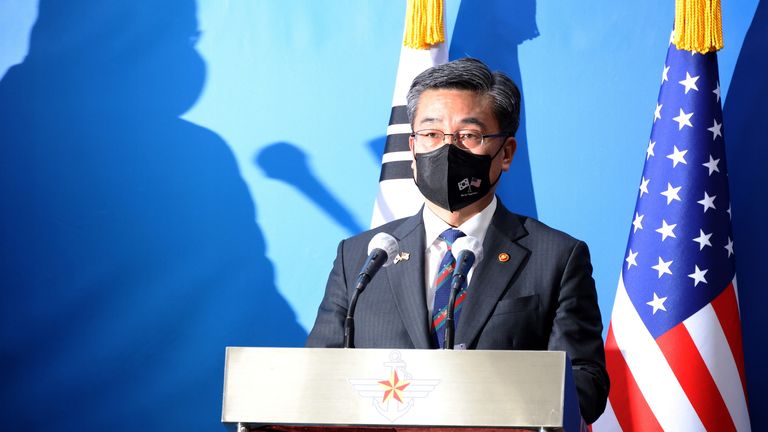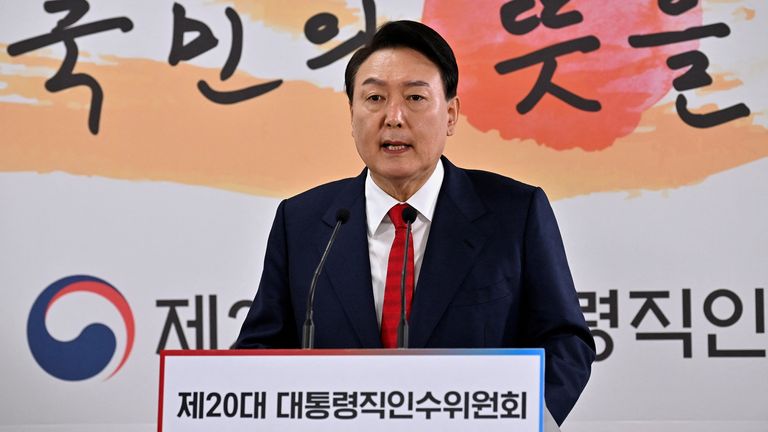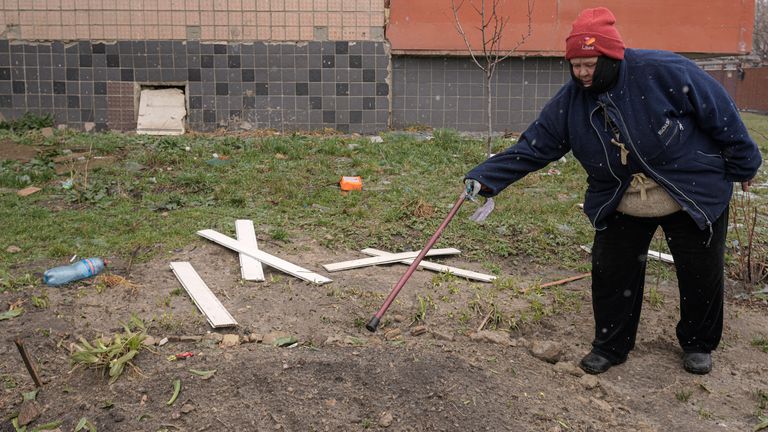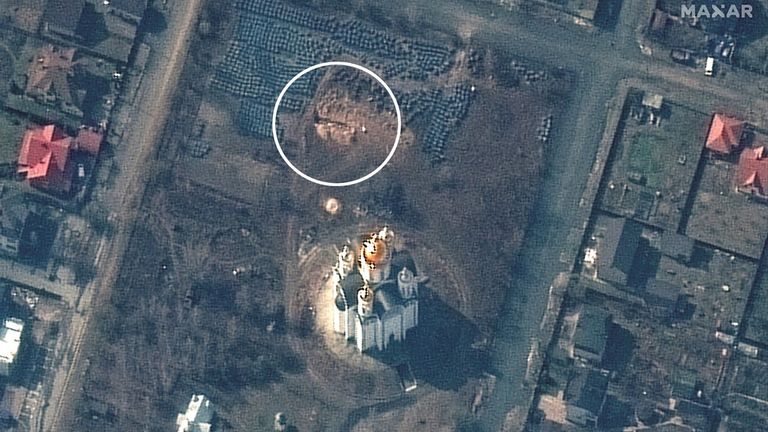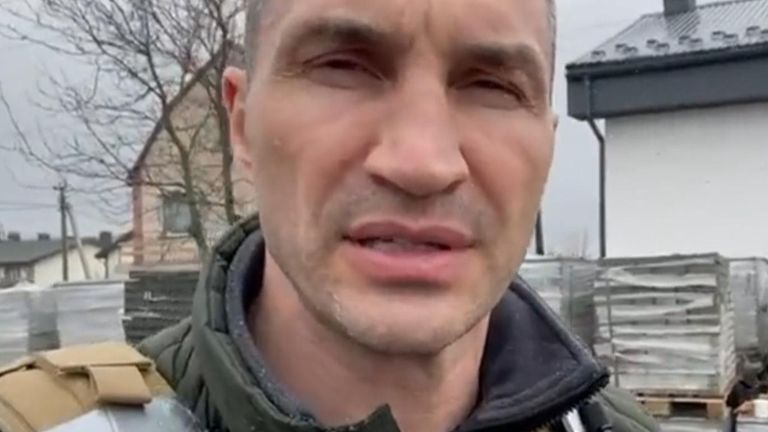
Russia moved one step closer to a potential default on its foreign currency debt on Wednesday after the country’s finance ministry said it was forced to make payments to holders of its dollar-denominated bonds in roubles.
The decision to pay in the Russian currency comes after the US Treasury department blocked US banks from handling dollar payments from Russia, halting $649mn of interest and principal due on Monday. JPMorgan, the so-called correspondent bank responsible for handling the transaction, declined to process the cash after seeking guidance from US authorities, according to a person familiar with the matter.
“Due to the unfriendly actions of the US Treasury . . . the Russian Ministry of Finance was forced to involve a Russian financial institution to make the necessary payments,” the ministry said in a statement on Wednesday. Payments will instead be made to rouble-denominated accounts in Russia and the proceeds can be converted into dollars following the “restoration of the Russian Federation’s access to foreign currency accounts”, it added.
The move reprises an earlier threat by Russia to make debt payments in roubles if western sanctions prevented it from getting dollars to bondholders. Foreign investors have generally viewed such a step as amounting to default, which would be Moscow’s first since the Russian debt crisis in 1998. Rating agency Fitch said last month an attempt to make dollar interest payments in the Russian currency would indicate “that a default or a default-like process has begun”.
“People can argue that they want to pay but they are being prevented from doing so, but I’m not sure that matters,” said Marcelo Assalin, head of emerging markets debt at William Blair. “I think it’s a default if the bondholders are not paid in dollars.”
Prices of Russia’s dollar bonds extended their recent declines. A bond maturing in 2042 traded at 23 cents on the dollar, down from 34 cents on Monday.
However, Kremlin spokesperson Dmitry Peskov reiterated on Wednesday that the freezing of its foreign reserves following Russian president Vladimir Putin’s invasion of Ukraine in February constitutes an attempt to push it to an “artificial default”.
“Russia has all the necessary resources to service its debts,” Peskov said on a conference call with journalists.
“Significant amounts of our reserves are frozen in foreign countries, as you know. So if they continue to be blocked in this way and if transfers from the frozen amounts are then also blocked, then they will be serviced in roubles,” Peskov said.
“In other words, there is no basis for a real default. There are none, not even close.”
Some of Russia’s foreign currency bonds contain terms in their small print allowing payment in roubles if they cannot be made in dollars or euros, but the dollar bond that matured on Monday and a bond maturing in 2042 that was due to pay a coupon on Monday are not among them. Moscow has a 30-day grace period after Monday’s deadline in which to make the payments in order to avoid default.
One holder of Russian dollar bonds said he did not think it would be possible to set up the “type C” account at a Russian bank necessary to receive the rouble payments without contravening sanctions.
https://news.google.com/__i/rss/rd/articles/CBMiP2h0dHBzOi8vd3d3LmZ0LmNvbS9jb250ZW50L2YxMGY3YzFkLWI3ZDItNDRmZC1iMjM2LWY1ODc5MzYzN2NiNtIBAA?oc=5
2022-04-06 15:14:04Z
1315799560


